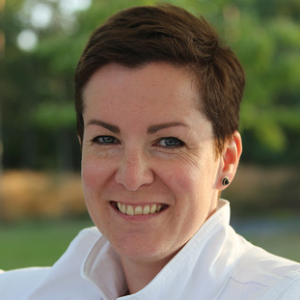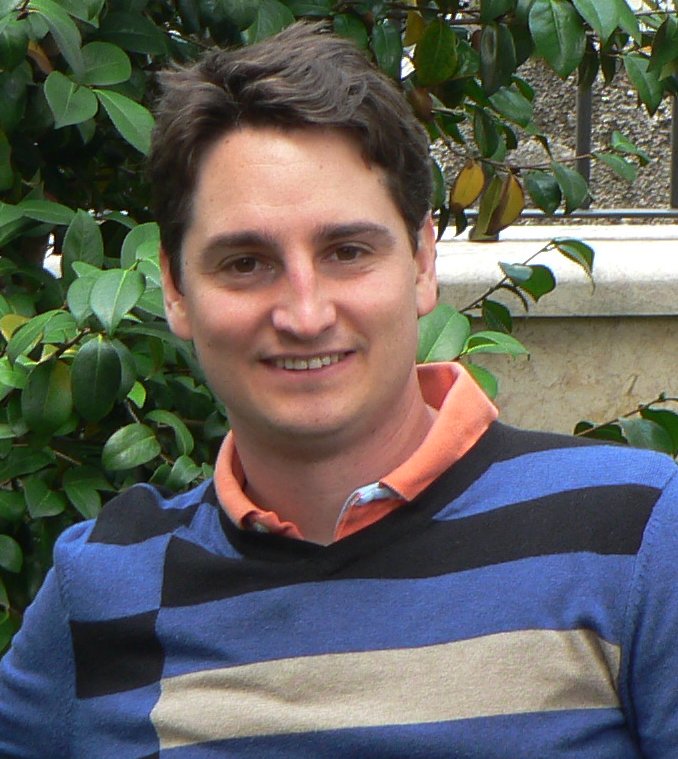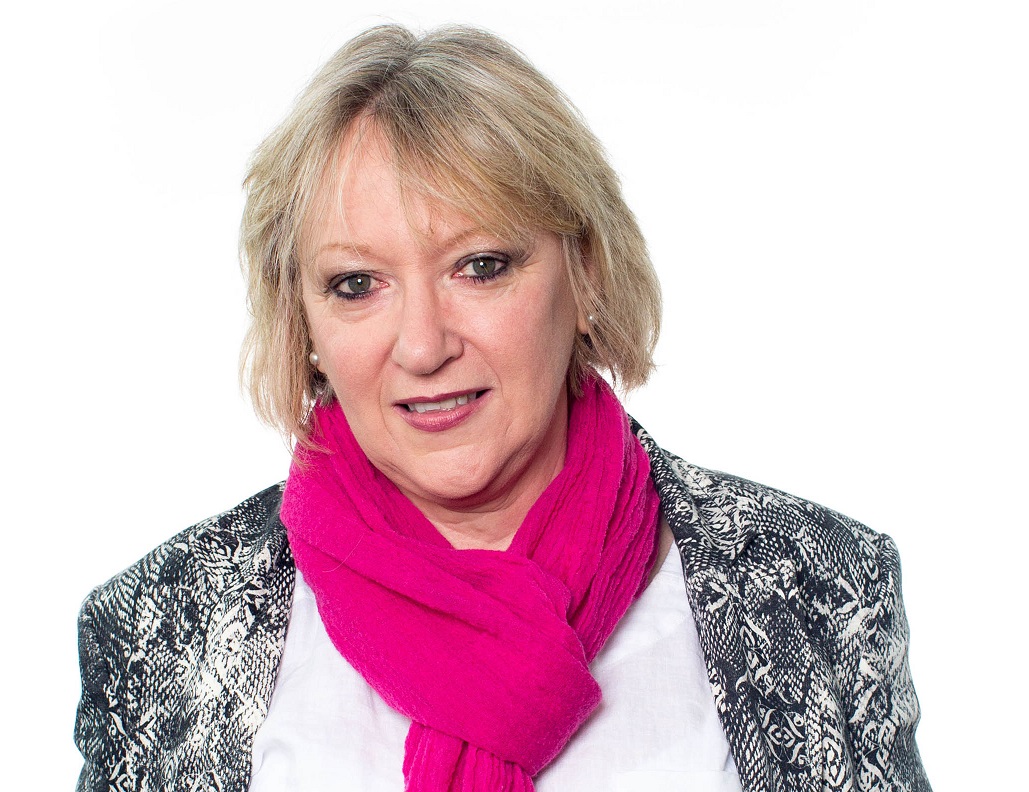Invited Speakers
 Darja Smite is a full professor of software engineering in the Blekinge Institute of Technology. She obtained a PhD in computer science from the University of Latvia. Her research interests include global software development, large-scale agile software development, and software process improvement. She has led nationally funded research projects related to the effects of offshoring for Swedish software industry.
Darja Smite is a full professor of software engineering in the Blekinge Institute of Technology. She obtained a PhD in computer science from the University of Latvia. Her research interests include global software development, large-scale agile software development, and software process improvement. She has led nationally funded research projects related to the effects of offshoring for Swedish software industry.
Productivity of Software Engineers while Working From Home during the Pandemic and Beyond
Abstract: Working from home (WFH) or telework is something that until COVID-19 has been known only as a voluntary and often exceptional practice in the workplace. On one hand, telework is often associated with the perceived increase of productivity and job satisfaction (mostly self-reported by teleworkers), and on the other hand, with a great managerial issue and a loss of control (as reported by the managers). Many managers before and today are skeptical because they question the ability of their staff to handle remote infrastructure, solve any situation independently, manage their time properly or work without supervision. But is telework really a problem? In this tutorial, we will discuss evidence from thirteen surveys of perceived productivity and dive into a detailed analysis of one company’s commit data, calendar invitations and Slack communication, among other things, to better understand how software engineers continue working, what their routines and work patterns are, and what (if at all) the differences from the office times are. Distributed work is surely not challenge-free, but there is a clear group of developers who highly benefit from it. Finally, we will conclude with the insights into employee preferences for the future and the new work policies in several Scandinavian companies. Work from home is here to stay, so how are you prepared for the future?
 Gregorio Robles is a full professor at the Grupo de Sistemas y Comunicaciones (GSyC) at the Universidad Rey Juan Carlos (URJC).
He earned his PhD in 2006 on Empirical Software Engineering Research on Free/Open Source Software. His research interests are software analytics of open source software systems with a primary focus on mining software repositories, socio-technical issues such as community metrics, software evolution, and development effort estimation. His other primary research interest is computational thinking where he investigates the effect of using coding as a way to help students learn beyond coding.
In 2012, his research group founded the spin-off company Bitergia that works in software analytics with clients like the Linux Foundation, the OpenStack Foundation, Red Hat, Paypal, Intel or Mozilla.
Gregorio Robles is a full professor at the Grupo de Sistemas y Comunicaciones (GSyC) at the Universidad Rey Juan Carlos (URJC).
He earned his PhD in 2006 on Empirical Software Engineering Research on Free/Open Source Software. His research interests are software analytics of open source software systems with a primary focus on mining software repositories, socio-technical issues such as community metrics, software evolution, and development effort estimation. His other primary research interest is computational thinking where he investigates the effect of using coding as a way to help students learn beyond coding.
In 2012, his research group founded the spin-off company Bitergia that works in software analytics with clients like the Linux Foundation, the OpenStack Foundation, Red Hat, Paypal, Intel or Mozilla.
GrimoireLab: toolset for global software development analytics
Abstract: Today, and more in these COVID 19 times, software is developed by global software distributed teams with the help of many supporting systems which provide help for source code management, code review, issue tracking, synchronous or asynchronous interpersonal communication, continuous integration, and many other tasks. Many of these systems store a wealth of data about how software is being developed, allowing for detailed studies and exploration tools that could be used to better understand global software development.
GrimoireLab is a toolset designed to help in the retrieval, analysis and visualization of such data. It has components for gathering data from about 30 different software development supporting systems, and then enriching and analyzing, and for visualizing it, including modules for identity management. GrimoireLab is mainly written in Python, available for use as Python packages or with docker-compose. There is also some documentation: a paper, a tutorial, and detailed instructions in each of the source code repositories. To have a glimpse of the kind of analysis and visualizations that GrimoireLab provides out of the box, check the CHAOSS GrimoireLab dashboard (GrimoireLab is a CHAOSS project). A simplified version of the data in any collection of GitHub and GitLab repositories can also be obtained via Cauldron.io, which is powered by GrimorieLab.
 Sarah Beecham is a senior research fellow in the process quality group in Lero – the Irish Software Research Centre in Limerick, Ireland. Her primary research interests are in socio-technical aspects of software engineering like software engineer motivation, agile methods, distributed software development, and the impact of technology on the lives of the older adult. She is involved in two Science Foundation (SFI) funded projects. The Global Agile project that focus on rolling out the scaled agile framework (SAFe) and the Smart Ageing project that researches how technology can support the older adult.
Sarah Beecham is a senior research fellow in the process quality group in Lero – the Irish Software Research Centre in Limerick, Ireland. Her primary research interests are in socio-technical aspects of software engineering like software engineer motivation, agile methods, distributed software development, and the impact of technology on the lives of the older adult. She is involved in two Science Foundation (SFI) funded projects. The Global Agile project that focus on rolling out the scaled agile framework (SAFe) and the Smart Ageing project that researches how technology can support the older adult.
Globally Distributed Development and COVID-19
Abstract: Due to the global pandemic, we in academia and industry were abruptly forced into working from home. Yet teaching never stopped, and neither did developing software, fixing software, and expanding into new markets. As such, demands for flexible ways of working, responding to new requirements, have never been so high.
In this session, we will examine the issues related to global software development in general, then explore how these issues relate to the suddent shift to working from home. We will look at a specific case of a company that was already experienced with working remotely, to see to what extent their practices helped with the transition to wholly remote work. We will also compare their experience with that of the class.
We’ll conclude with a discussion of the implications of our collective experience with remote work on the future of software development.
 John Noll is a senior lecturer at the University of East London. He received his PhD in computer science from the University of Southern California, where he was a research associate with the ATRIUM laboratory in the Marshall School of Business. His research interests are in software engineering processes, global software development and agile methods.
John Noll is a senior lecturer at the University of East London. He received his PhD in computer science from the University of Southern California, where he was a research associate with the ATRIUM laboratory in the Marshall School of Business. His research interests are in software engineering processes, global software development and agile methods.
Globally Distributed Development and COVID-19
Abstract: Due to the global pandemic, we in academia and industry were abruptly forced into working from home. Yet teaching never stopped, and neither did developing software, fixing software, and expanding into new markets. As such, demands for flexible ways of working, responding to new requirements, have never been so high.
In this session, we will examine the issues related to global software development in general, then explore how these issues relate to the suddent shift to working from home. We will look at a specific case of a company that was already experienced with working remotely, to see to what extent their practices helped with the transition to wholly remote work. We will also compare their experience with that of the class.
We’ll conclude with a discussion of the implications of our collective experience with remote work on the future of software development.